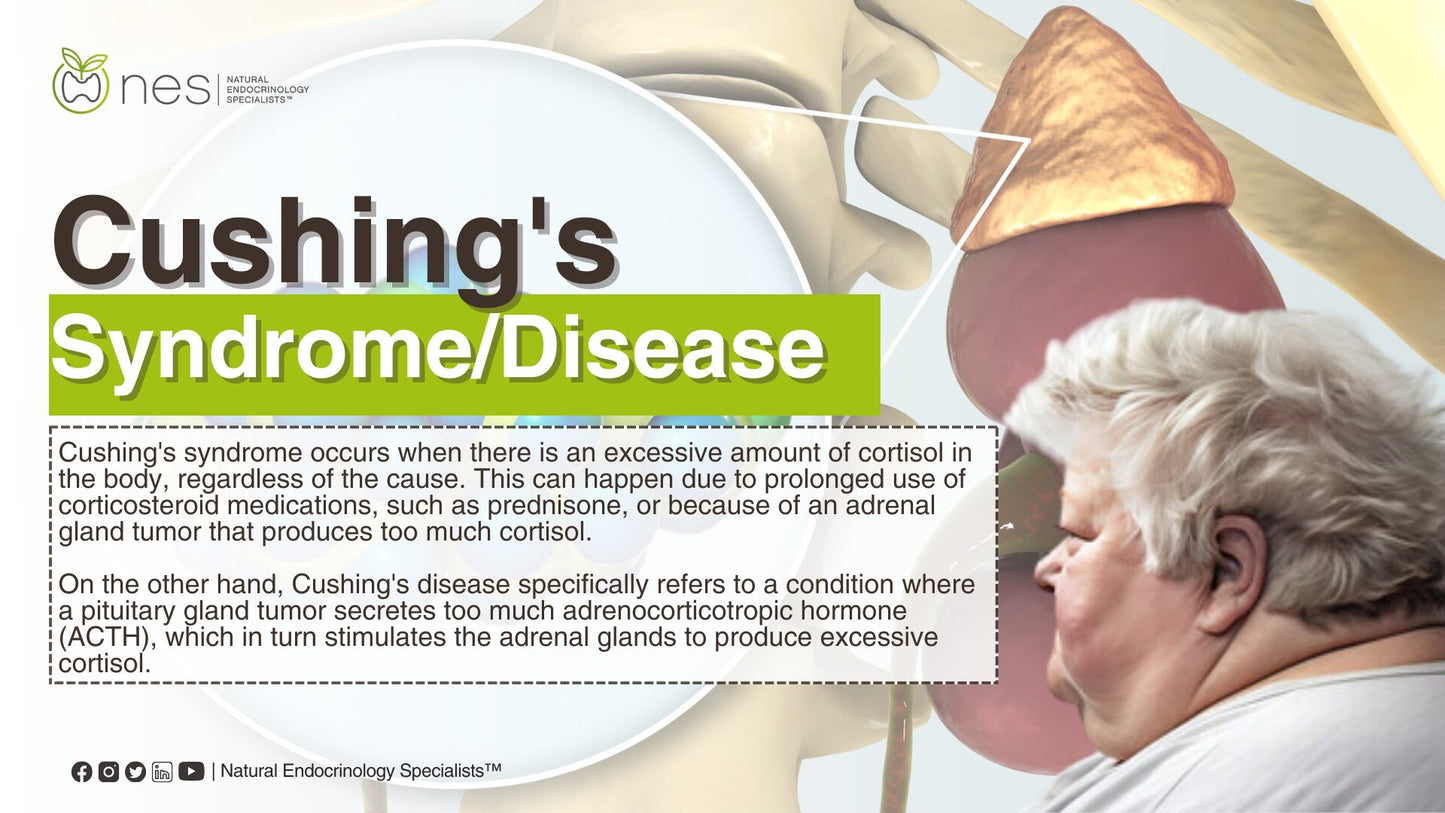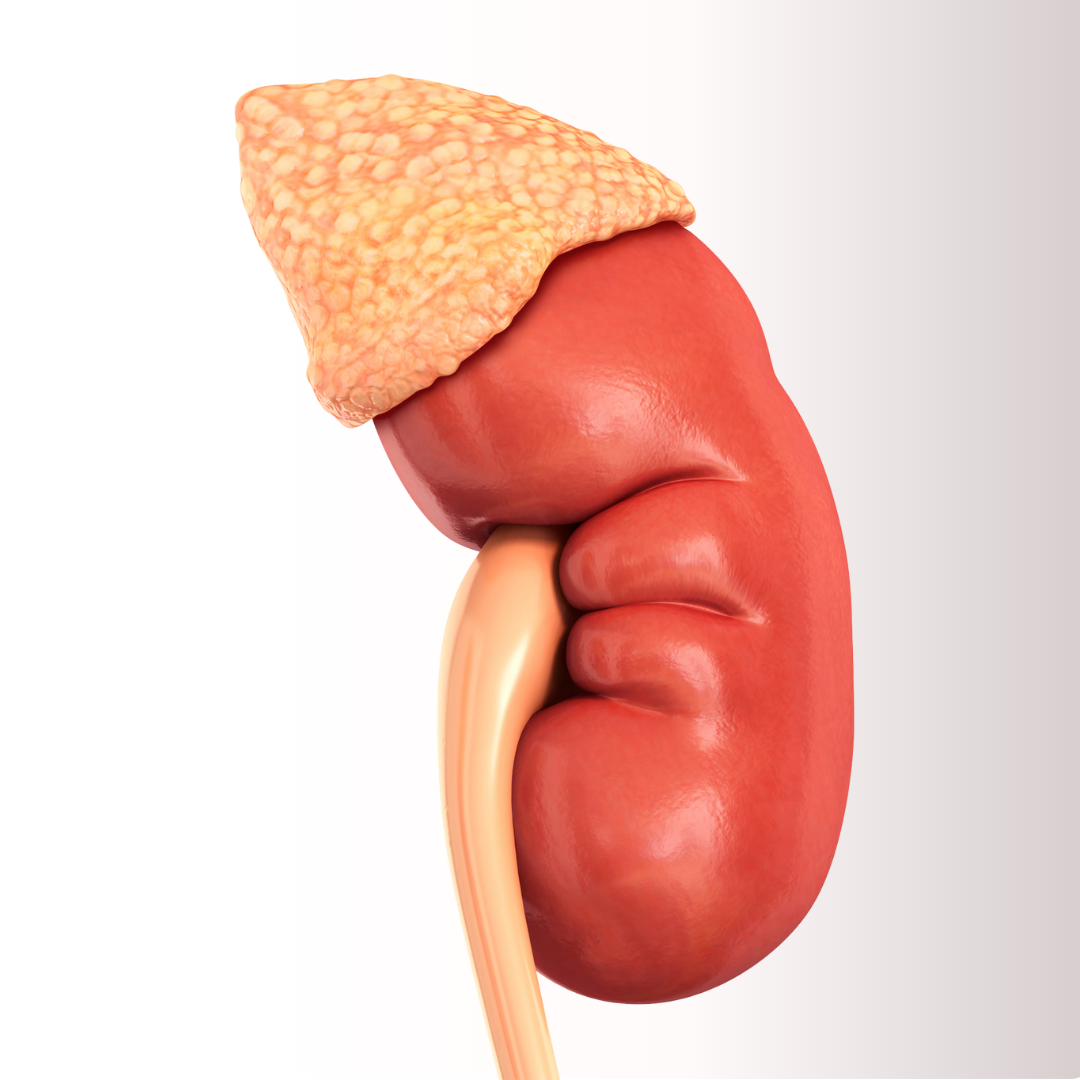NES Shop
Cushing’s Disease/Syndrome Testing
Cushing’s Disease/Syndrome Testing
Couldn't load pickup availability
This test evaluates cortisol production and adrenal function to help screen for abnormal hormone patterns that may be associated with symptoms such as unexplained weight gain, fatigue, mood changes, or elevated blood pressure. It may be used to support the clinical investigation of conditions like Cushing’s syndrome or Cushing’s disease.
Included Tests:
-
Low-Dose Dexamethasone Suppression Test (DST):
Assesses whether your body properly suppresses cortisol production in response to a synthetic steroid. Failure to suppress may indicate excessive cortisol levels. -
ACTH Blood Test:
Measures levels of ACTH (adrenocorticotropic hormone) to help determine whether the source of excess cortisol is from the pituitary gland (Cushing’s disease) or another area, like the adrenal glands.
What It’s For:
To assess cortisol levels and rhythm throughout the day and identify possible imbalances in adrenal hormone output.
Benefit of the Test:
Offers valuable insights into how your adrenal glands are functioning, helping your provider investigate whether further testing or treatment is needed for cortisol-related conditions.
Share


Key Insights About Cushing’s Disease/Syndrome Testing

Cushing’s syndrome arises from chronically elevated cortisol—a hormone from your adrenal glands.This imbalance can lead to weight gain (often around the face and trunk), easy bruising, muscle weakness, high blood pressure, bone loss, and emotional changes. Even mild or evolving cases can seriously affect quality of life and long-term health.
Testing is recommended for individuals exhibiting persistent symptoms such as rapid fat gain in the trunk or face, purple stretch marks, easy bruising, high blood pressure, fatigue, elevated blood sugar, and oligo or amenorrhea. Cushing disproportionately affects women aged 25–50, and early detection can prevent serious complications like fractures, clotting, infections, and cardiovascular issues.
Balanced cortisol is key to managing stress, energy, metabolism, and immune health. When cortisol stays too high, it can lead to weight gain, fatigue, mood changes, and more. By identifying imbalances early, we help restore hormonal harmony and support your overall wellness.


